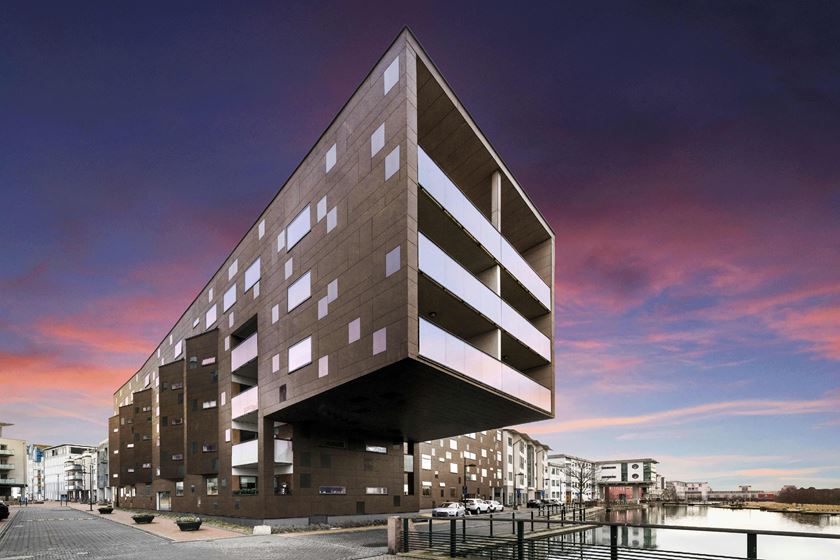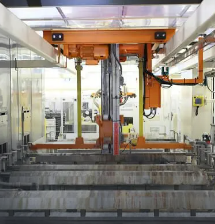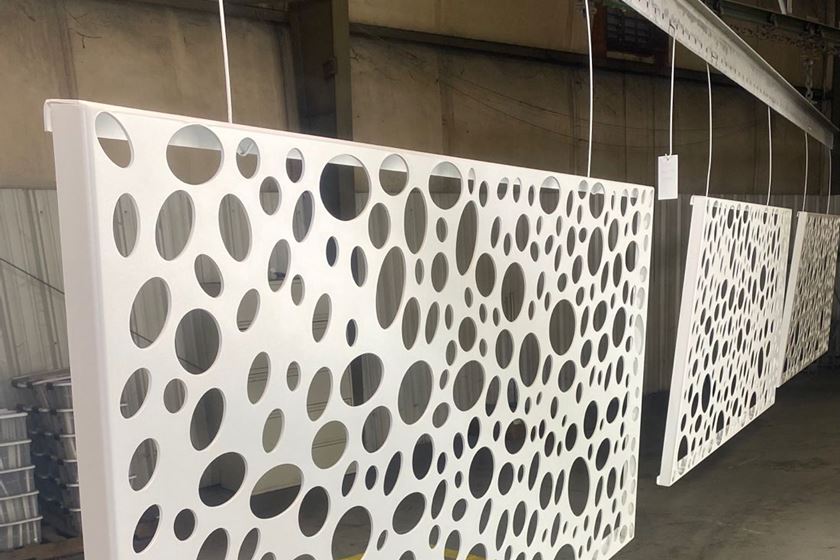Water Conductivity
What is the effect of water conductivity on the pretreatment process and final powder coating? Will it affect the corrosion resistance and salt spray results?
Q. What is the effect of water conductivity on the pretreatment process and final powder coating? Will it affect the corrosion resistance and salt spray results? P.Z.
Featured Content
A. Yes. Rinsewater quality is an important part of the pretreatment process. In between stages, it is important to remove residual chemistry before entering the next stage. But it is the final rinse that is most critical.
If the last stage has high conductivity, it may not do an adequate job of rinsing the part. If mineral salts are left on the part surface, they can start corrosion cells and lead to premature failure of the coating. If corrosion resistance is important to you, the final rinsewater should be low.
The ideal condition is to use recirculated rinsewater in the last stage that does not exceed around 180 mS/cm (micro-Siemens/centimeter) and follow that up with a pure water halo rinse in the exit vestibule of the washer that is below 10 mS/cm. If you measure water quality in TDS (total dissolved solids), the equivalent quality is around 300 PPM (parts per million) in the final recirculated rinse and 15 PPM for the halo.
RELATED CONTENT
-
Masking for Surface Finishing
Masking is employed in most any metal finishing operation where only a specifically defined area of the surface of a part must be exposed to a process. Conversely, masking may be employed on a surface where treatment is either not required or must be avoided. This article covers the many aspects of masking for metal finishing, including applications, methods and the various types of masking employed.
-
Powder Coat MDF for an Enviable Finished Product
Cabinet maker says powder coating on wood offers more benefits.
-
Preparation of Stainless Steel for Powder Coating
Should type 316 stainless steel castings be sandblasted before powder coating, or can they be chemically etched? Should the parts be pre-heated in an oven before coating?



















